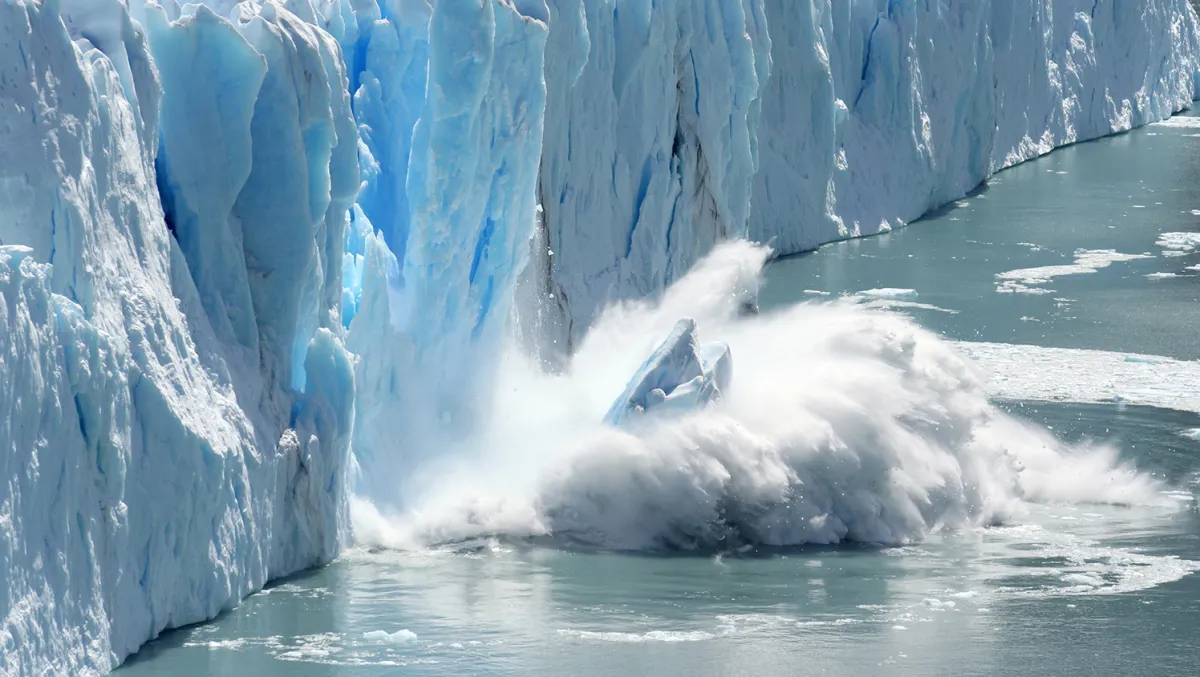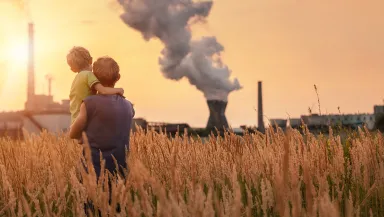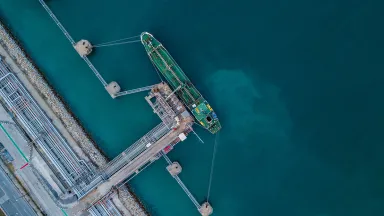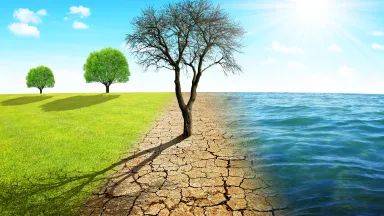2 min. read
·16 May, 2023
·3 min. read
Global warming

Ecommit contributes to the climate transition by supporting SMEs in offsetting their carbon emissions. But what exactly is 'global warming'? And why do many people see it as a problem?
Last time, we talked about CO2 and saw what role it plays in determining the earth's temperature. Now we will look at global warming; what is meant by it and why is it seen as a problem?
For decades, the World Meteorological Organisation (WMO) has been calculating the average temperature on the Earth's surface based on datasets from sources from 5 different regions (NOAA, NASA GISS, Met Office/UEA, Copernicus Climate Change Service and Japan Meteorological Agency). From those measurements, a picture emerges that the average temperature of land and oceans in those regions has slowly increased in recent years compared to the average temperature in the 20th century. An increase widely seen as a signal of climate change.
Climate change has many different causes. Consider the sun's activity, the concentration of greenhouse gases in the atmosphere, but also, for example, volcanic eruptions. Over the past 50 years, the concentration of greenhouse gases in the atmosphere has increased sharply. Greenhouse gases cause heat to be retained and therefore increase the temperature on earth. Without greenhouse gases, the earth would be very cold. But with too many greenhouse gases, it becomes too hot.
Scientists have calculated that if the earth's temperature rises by more than 1.5 °C, it has major consequences for humans and for our environment. Sea levels rise, there will be longer periods of heat and drought, and other periods of extreme precipitation. This could cause floods, crop failures and famine. And more people who will then have to flee elsewhere for that. The image below from the World Wildlife Fund shows what people think could happen then.
It is for this reason that 195 countries agreed with each other in Paris in 2016 to actively fight further global warming. By making policies to rapidly reduce further greenhouse gas emissions. And by ensuring that current concentrations of greenhouse gases can be reduced by capturing them through plants, trees, seas and oceans. Which therefore deserve protection and expansion. And which can provide CO2 offsets. Which we will discuss in more detail in our next issue.
Samen duurzamer ondernemen met ecommit
Wil je een positieve impact maken op het klimaat? Ontdek hoe ecommit jouw bedrijf kan helpen CO2-uitstoot te compenseren met duurzaamheidsprojecten. Klik hier om contact met ons op te nemen voor een maatwerkoplossing.
Questions about addressing carbon emissions?
Do you have a question or do you want more information? Contact us for a free consultation.




